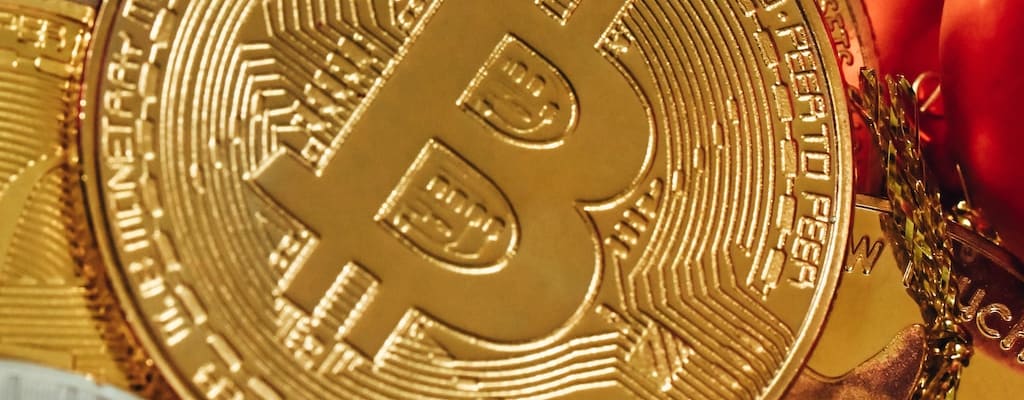long green: Idiom Meaning and Origin
What does ‘long green’ mean?
The idiom "long green" refers to money or cash. It is a colloquial term used to describe the physical length and color of dollar bills.

Idiom Explorer
The idiom "silly money" refers to an excessive or absurd amount of money, often used to describe a huge sum paid for something that may not be worth its value.
The idiom "pretty penny" means a significant or large amount of money. It is often used to emphasize the high cost or value of something.
The idiom "on the money" means to be exactly correct or accurate.
The idiom "old money" refers to the inherited wealth and social status that comes from being born into a wealthy family and having a long-standing history of wealth. It implies a sense of established tradition, exclusivity, and privilege.
The idiom "not worth a dime" means something or someone does not have any value or is not valuable. It suggests that the thing or person is not worth even a small amount of money.
The idiom "nigger rich" is a derogatory and offensive term used to describe someone who outwardly displays wealth or success, but is actually poor or has little money. It perpetuates racial stereotypes and should be avoided in respectful and inclusive conversation.
The idiom "nickel-and-dime" means to deal with small amounts of money, often in a trivial or inconsequential manner.
The idiom *nickel* means a small amount of money or a minor financial transaction.
The idiom "money's worth" means receiving value or benefit equal to the amount of money paid for something.
Alluring Ancient Enigma
The idiom "long green" is primarily used in American English to refer to money or cash. It is a colloquial expression that has been in use for several decades. The term "long green" is believed to have originated from the green color of US paper currency, particularly the earlier versions of the dollar bills.
The exact origin and earliest usage of the idiom are not definitively known. However, it is commonly used in various contexts and settings, including informal conversations, literature, and popular culture. The idiom is well-established and widely understood by native English speakers in the United States.
The phrase "long green" is figurative in nature, as it uses the color green as a symbol for money. This idiomatic expression highlights the association between the color and financial wealth or value. Similar idioms exist in other languages and cultures, emphasizing the link between color symbolism and monetary concepts.
In American slang, "green" is often used as a shorthand term for money or cash. It conveys the idea of financial prosperity and has become deeply ingrained in the language. The idiom "long green" further emphasizes the implied longevity or abundance of wealth, suggesting a substantial amount of money.
Chinese green is another idiom that is often associated with the concept of money or cash. It is similar to "long green" in that it uses color as a symbol for financial wealth or value. This idiom may have originated from the association of the color green with prosperity in Chinese culture. Just like "long green," it is commonly used in American English to refer to money.
big bucks is another idiom related to the concept of money. While "long green" emphasizes the abundance or substantial amount of money, "big bucks" focuses on the large value or monetary reward. This idiom conveys the idea of significant financial gain or profit. It is a more emphatic expression compared to "long green" and is often used to describe a large sum of money.
Although the idiom "long green" is straightforward in its meaning, it has a slightly informal tone and is most commonly used in casual or conversational contexts. It may be used humorously or sarcastically, depending on the speaker's intention. The idiom's popularity has endured over time, and it remains a recognizable and commonly used expression in present-day American English.
When considering its connection to related idioms such as "Chinese green" and "big bucks," the concept of wealth or financial prosperity becomes even more emphasized. Each idiom offers a distinct perspective on money, with "long green" highlighting the idea of abundance, "Chinese green" drawing from cultural symbolism, and "big bucks" emphasizing significant value or profit.
The use of idioms like "long green," "Chinese green," and "big bucks" not only adds color and variety to the language but also enhances communication by allowing speakers to express complex ideas or emotions in a concise and relatable manner. These idiomatic expressions have become integral parts of the English language, reflecting the ways in which language and culture intersect.
The idiom "long green" is a common expression used in American English to refer to money. It relies on the color green as a symbol for financial wealth or value and is often used in informal or casual conversations. It is connected to related idioms such as "Chinese green" and "big bucks," which further explore different aspects of wealth and financial prosperity. These idioms contribute to the richness and variety of the English language and enhance communication by providing concise and relatable expressions.
Example usage
The idiom *long green* can be used in the following examples:
1. He just bought a new car with all that *long green* he inherited from his grandfather.
2. The company made a lot of profit last year and now they have plenty of *long green* to invest in new projects.
3. After winning the lottery, she was swimming in *long green* and could afford to buy anything she desired.
More "Money" idioms



